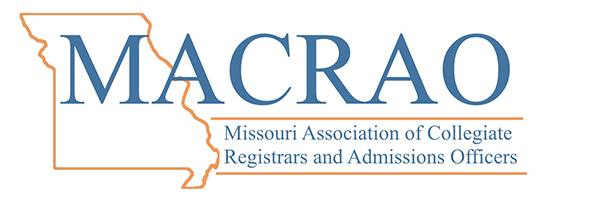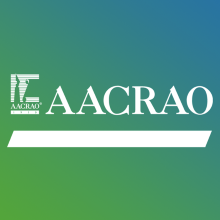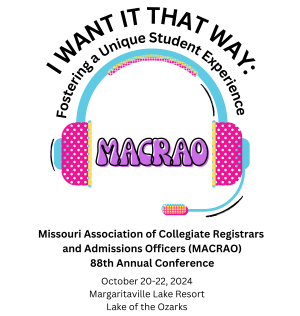Apr
18
Good morning MACRAO membership-
The MACRAO Governmental Relations Committee wanted to provide the membership an update on where House and Senate bills currently stand as well as some AACRAO-related updates.
AACRAO Updates
- AACRAO is looking for applicants to participate in the 2023 Congressional Hill Day on Thursday, June 22, 2023. Anyone who is an AACRAO member is eligible to apply. The application is available on the AACRAO Hill Day events site. Missouri is specifically identified as one of the states where applicants are sought since Missouri has representation on the House and/or Senate education committees. Selected advocates will participate in a variety of online training and on-site training.
- During the AACRAO Business meeting in March, the AACRAO by-laws were changed to make any employee listed on the roster of a member institution who is current on their dues eligible to vote. Institutions may now have an unlimited number of members.
- After pushback from AACRAO and other higher education associations, the U.S. Department of Education has provided an update about the implementation of their Third-Party Servicer Guidance released in February. The proposed September 1 effective date is no longer in effect and revision will occur. The department will set a new effective date for the revised final guidance letter that will be a minimum of six months after the publication of the revised guidance. Links here include an original introduction article (requires AACRAO login), the letter AACRAO participated in, and the updated Department of Education blog about this.
Missouri Legislative Updates
- The Senate Education and Workforce Development Committee passed on SB 410 for floor debate. This establishes the “Do No Harm Act.” Requires that each institution of higher learning receiving state funding (along with some other health care areas) certify to the Department of Health and Senior Services that it does not and shall not require students, applicants, employees, contractors, vendors, volunteers or agents to ascribe to, study, or be instructed with diversity-equity-inclusion (DEI) ideologies or materials. Institutions of higher education violating this act shall not be eligible for state funding, grants, contracts, or any other benefit and shall repay the state treble the amount of funds they received as described in the act.
- There are corresponding bills in the House (HB 733) and Senate (SB 476) that are intended to require public employers (including higher education institutions at this point) to eliminate post-secondary degrees as a baseline employment requirement except for exempted exceptions.
- The House has passed HB 497, which is a large education omnibus bill. Most of this bill is K-12 related, but the original bill includes the changing of the “Urban Flight and Rural Needs Scholarship Program” to the “Teacher Recruitment and Retention State Scholarship Program.” This is a scholarship that can be available for two year that covers 100% of eligible tuition and fees to be awarded to “eligible students” (as defined in the bill) who agree to teach in “hard to staff schools” or “hard to staff subject areas” for two years for ever year the scholarship is received. This bill will now move on to the Senate.
- This week the House Higher Education heard HB 1189, which would repeal provision restrictions related to the authority to confer research doctorates and first-professional degrees, and degrees in podiatry and chiropractic and osteopathic medicine.
- An amendment in HB 3 has was offered to adjust the public university’s 7% inflationary core increase to instead be a 5% inflationary core increase with the remaining 2% to be based on a yet to be developed performance model.
- HB 1173 has been passed out of committee. This bill requires public higher education institutions to grant undergraduate course credit for students who score 4 or higher on international baccalaureate examinations.
- The House modified HB 76 to rename the proposed “A+ Certificate Program” to the “Career-Tech Certificate Program.” It also introduced language that states “No tuition reimbursement shall be provided under this section to an eligible student who enrolls in a private vocational or technical school, virtual institution, or eligible training provider if a public community college or vocational or technical school located within a forty-mile radius of such student's domicile offers the same or a substantially similar eligible program of study or training program, as determined by the department on a case-by-case basis.” This bill has now been moved to the Senate.
MACRAO Governmental Relations Committee
Nathan Hoff ([email protected])
Brenda Selman ([email protected])
Stephanie Sullivan ([email protected])
Share this post:


